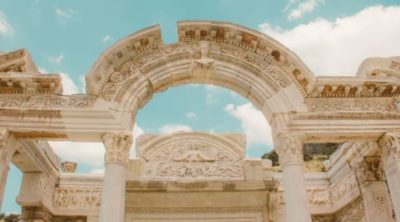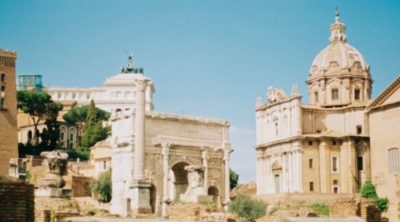“History is the version of past events that people have decided to agree upon,” said Napoleon Bonaparte. Napoleon was a famous French revolutionary leader who rose to the ranks of emperor in the early 19th century. His statement is actually an interesting assessment. Bonaparte said that history is recorded information that is agreed upon by the majority of people, rather than imposed by fact. This approach interprets history with human biases built-in. In fact, what if the history that we know actually happened differently. That’s where an alternate history forum enters the picture.
Alternate History Forum Explored Historical What-Ifs
What ifs can make us question how things could have ended up differently. For example, we may explore what might have happened if the French had not invaded Egypt in 1798. It’s a possibility that France would have won the War of the Second Coalition faster with Napoleon’s leadership. Furthermore, they feel that an additional 20,000 French soldiers would have been available to fight in Europe.
It is also possible this would have averted the death of Jean-Baptiste Kléber and Desaix. Kléber and Desaix were high ranking officials may have gone on to become marshals of Napoleon’s army.
Alternative History Forum Groups Explore Using Historical Evidence
Exploring alternative history is a way to question options and engage in fantasy based on historical evidence. In one instance, an alternative historian posed a scenario in which Napoleon won the war. He strongly desired to centralize power and protect the political center of France from invasion. In this scenario, he decided to move the capital. Forget Paris. He wanted a location in the center of the country. Hypothetical names of this new city are presented as Cité de Napoléon, Liberté or, possibly, Napoleonia.
Another alternative historian believes that Napoleon was not interested in naming a city after himself. Instead, he suggested capital names like Francia or Gallica. The historian believes this might be a more applicable name because it solidifies the nation with a single political center. Another person offered the name of Napoleonville, which is the actual name of a town in Louisiana. Yet, another option presented was to impose three distinct cities of power. Liberté, Égalité and Fraternité could each hold the seat of state power.
Each of these scenarios poses a unique perspective on how events in the French revolution and other historical events may have occurred differently. Exploring alternative options is a unique way to examine history and get involved in the process of how our stories of history are recorded and shared.
Maps and Graphics
Creative types may enjoy exploring alternative maps and graphics of all kinds. They can showcase unique depictions of flags, coat of arms, and other illustrations. One forum thread even suggests an alternate solar system with planets, stars and suns. Additionally, book and movie lovers can explore alternative endings to stories, magazines, movies and more!
To summarize, history buffs who like to stretch their mind enjoy alternate history forums. Engaging in the search for alternative endings and historical stories can spur great conversations. By studying the past and its possibilities, historians can make evaluations for the future.


